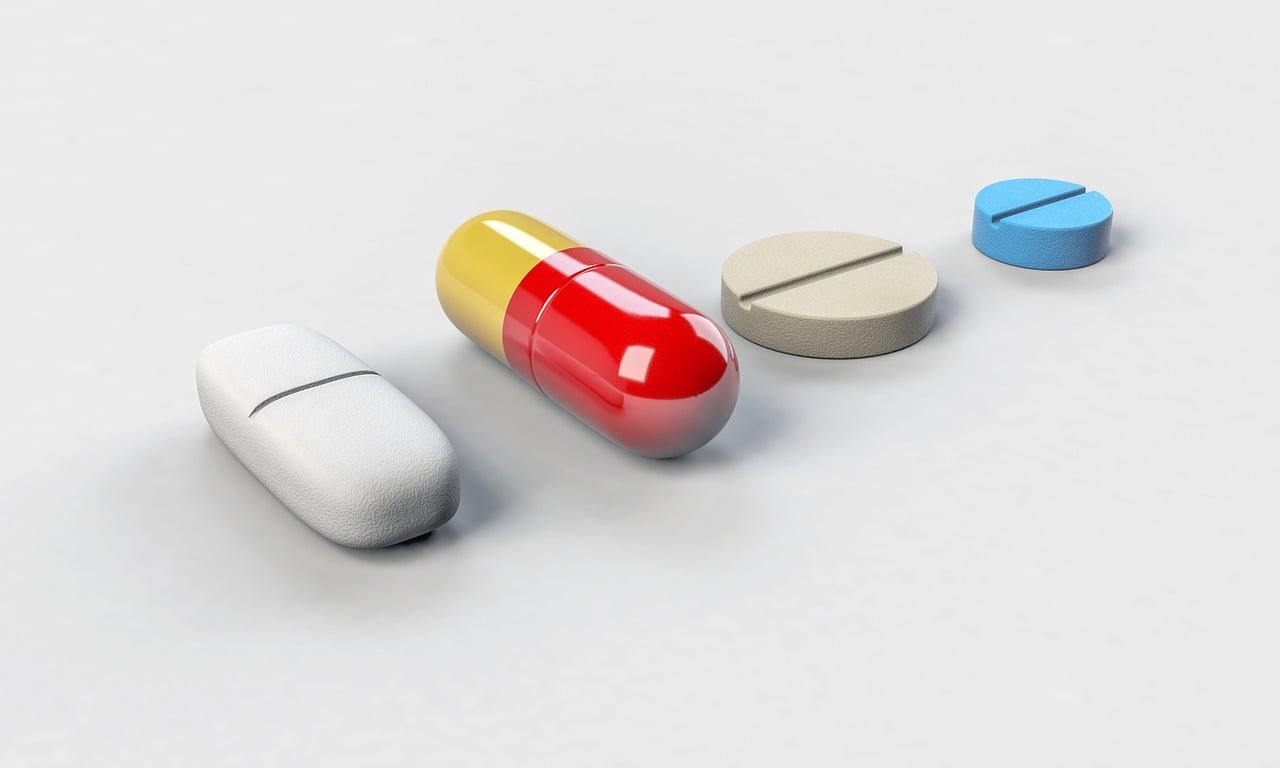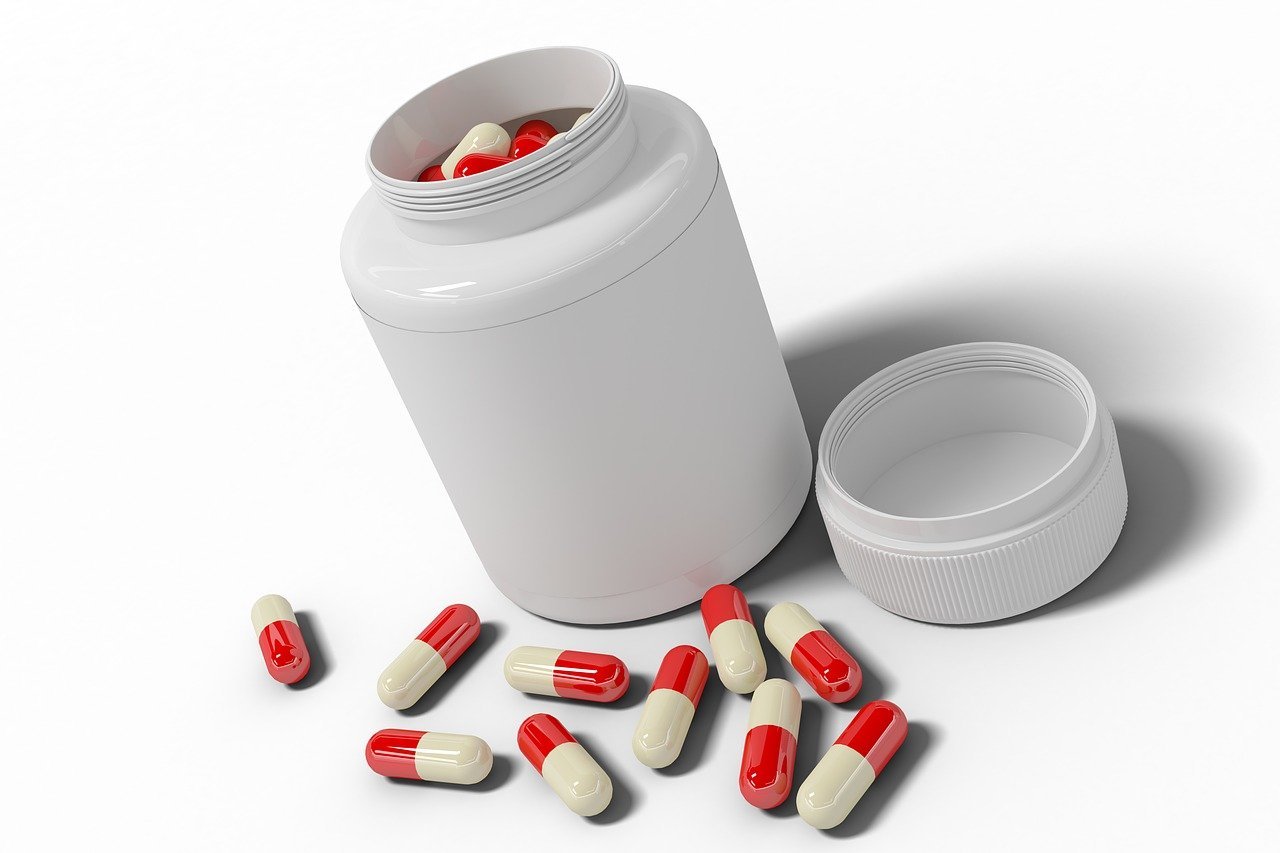If you or a loved one is struggling with the symptoms of Attention Deficit Disorder (ADD), you may have wondered if there are any supplements that can provide some relief. In this article, we will explore the effectiveness of supplements in managing ADD symptoms and whether they can be a valuable addition to a comprehensive treatment plan. While medication is often the primary approach for managing ADD, the use of supplements has gained popularity as a potential alternative or complementary option. So, let’s take a closer look at the research and evidence behind the use of supplements in managing ADD symptoms.

Understanding Attention Deficit Disorder (ADD)
Attention Deficit Disorder (ADD) is a neurodevelopmental condition that affects both children and adults. It is characterized by difficulties in maintaining attention, impulsivity, and hyperactivity. While the exact cause of ADD is still unknown, researchers believe that a combination of genetic and environmental factors play a role in its development.
What is ADD?
ADD is often used interchangeably with Attention Deficit Hyperactivity Disorder (ADHD). However, ADD typically refers to the predominantly inattentive type of ADHD. Individuals with ADD may struggle with paying attention or staying focused, but they may not display hyperactivity or impulsivity to the same extent as those with the combined or predominantly hyperactive-impulsive types of ADHD.

Symptoms of ADD
The symptoms of ADD can vary from person to person, but common signs include difficulty concentrating, forgetfulness, disorganization, easily distracted, trouble following instructions, and frequently losing things. These symptoms can manifest in various settings, such as school, work, and personal relationships, significantly impacting daily functioning and overall quality of life.
Causes of ADD
The exact causes of ADD are still not fully understood. However, several factors have been found to contribute to its development. Research suggests that genetics play a role, as ADD tends to run in families. Environmental factors, such as exposure to toxins during pregnancy or early childhood, may also increase the risk of developing ADD. Additionally, certain brain abnormalities and imbalances in neurotransmitters, such as dopamine and norepinephrine, have been associated with ADD.

Conventional Treatment Options for ADD
When it comes to managing ADD, conventional treatment options typically involve a combination of approaches, including medication, behavioral therapy, and psychoeducation.
Stimulant medications
Stimulant medications, such as methylphenidate (Ritalin) and amphetamine (Adderall), are commonly prescribed to individuals with ADD. These medications work by increasing the levels of dopamine and norepinephrine in the brain, helping to improve attention and reduce hyperactivity.
Behavioral therapy
Behavioral therapy, such as cognitive-behavioral therapy (CBT), is often used alongside medication to help individuals with ADD develop coping strategies, improve organizational skills, and manage impulsive behaviors. This type of therapy focuses on identifying and modifying negative thought patterns and behaviors.
Psychoeducation
Psychoeducation involves educating individuals with ADD and their families about the condition. It helps to enhance understanding of the disorder and provides guidance on how to effectively manage symptoms in daily life. Psychoeducation can provide valuable information about the role of medication, strategies for improving academic and occupational performance, and strengthening relationships.
Growing Interest in Natural Approaches for ADD
In recent years, there has been a growing interest in natural approaches for managing ADD. Many individuals and parents of children with ADD seek alternative options due to concerns about potential side effects of medication or a desire for a more holistic approach to treatment.
Why people seek natural alternatives
There are several reasons why people may seek natural alternatives for managing ADD symptoms. Some individuals may have experienced undesirable side effects from medication, such as appetite loss or difficulty sleeping. Others may be concerned about the long-term effects of medication on their health. Additionally, some individuals prefer a more natural and holistic approach to managing their symptoms and improving overall well-being.
Supplements as a potential solution
Supplements have gained attention as a potential solution for managing ADD symptoms. While research in this area is still limited, there are some supplements that have shown promise in preliminary studies. It’s important to note that supplements should not be used as a substitute for conventional treatment, but rather as a complementary approach in consultation with a healthcare professional.
Supplements for Managing ADD Symptoms
While many supplements have been proposed for managing ADD symptoms, let’s delve into the ones that have shown promising results and are commonly used:
Omega-3 Fatty Acids
Omega-3 fatty acids, commonly found in fatty fish like salmon and mackerel, play a crucial role in brain health. Research has suggested that individuals with ADD may have lower levels of omega-3 fatty acids in their blood. Some studies have shown that omega-3 supplementation, particularly with eicosapentaenoic acid (EPA) and docosahexaenoic acid (DHA), may improve attention and reduce impulsivity in individuals with ADD.
Zinc
Zinc is an essential mineral that is involved in various bodily processes, including brain function. Studies have found that individuals with ADD may have lower levels of zinc in their bodies compared to those without the disorder. Zinc supplementation has been shown to improve ADD symptoms, such as hyperactivity and impulsivity, in some individuals. However, further research is needed to fully understand the role of zinc in managing ADD.
Iron
Iron is another important mineral that plays a vital role in cognitive function and neurotransmitter synthesis. Iron deficiency has been associated with cognitive impairments, including attention difficulties. Some studies have shown that iron supplementation can lead to improvements in attention and cognitive function in individuals with iron deficiency and ADD. However, it is crucial to consult with a healthcare professional to determine if iron supplementation is necessary.
Magnesium
Magnesium is involved in over 300 biochemical reactions in the body, including neurotransmitter synthesis and regulation. There is evidence suggesting that individuals with ADD may have lower levels of magnesium compared to those without the disorder. Magnesium supplementation has been found to have a positive impact on attention and hyperactivity symptoms in some individuals with ADD. However, more research is needed to establish magnesium’s effectiveness and optimal dosage for managing ADD symptoms.
Vitamin B6
Vitamin B6, also known as pyridoxine, is essential for the production of neurotransmitters, including dopamine, serotonin, and GABA. Some studies have suggested that individuals with ADD may have lower levels of vitamin B6. Vitamin B6 supplementation has shown promising results in improving ADD symptoms, particularly in terms of attention and impulsivity. However, further research is needed to determine the long-term effects and optimal dosage.
Ginkgo Biloba
Ginkgo biloba is an herbal supplement that has been used for its potential cognitive-enhancing properties. While the evidence for its effectiveness in managing ADD symptoms is limited, some studies have shown improvements in attention and memory in individuals with ADD who took ginkgo biloba. More research is needed to fully understand the benefits and safety of ginkgo biloba for managing ADD.
ADHD-specific supplement formulations
There are also ADHD-specific supplement formulations available in the market that combine various nutrients, vitamins, and herbal extracts. These formulations are designed to provide a comprehensive approach to managing ADD symptoms. However, it is essential to consult with a healthcare professional before starting any supplement regimen to ensure safety and efficacy.
Conclusion
While conventional treatment options, such as medication and therapy, remain the primary approach for managing ADD, natural supplements have gained interest as potential complementary options. Omega-3 fatty acids, zinc, iron, magnesium, vitamin B6, ginkgo biloba, and ADHD-specific supplement formulations have shown promise in managing ADD symptoms. However, more research is needed to establish their effectiveness, optimal dosages, and potential interactions with other treatments. It is crucial to consult with a healthcare professional before incorporating supplements into your treatment plan to ensure safety and suitability for your specific needs. Remember, managing ADD is a comprehensive and personalized journey, and what works for one individual may not work for another.